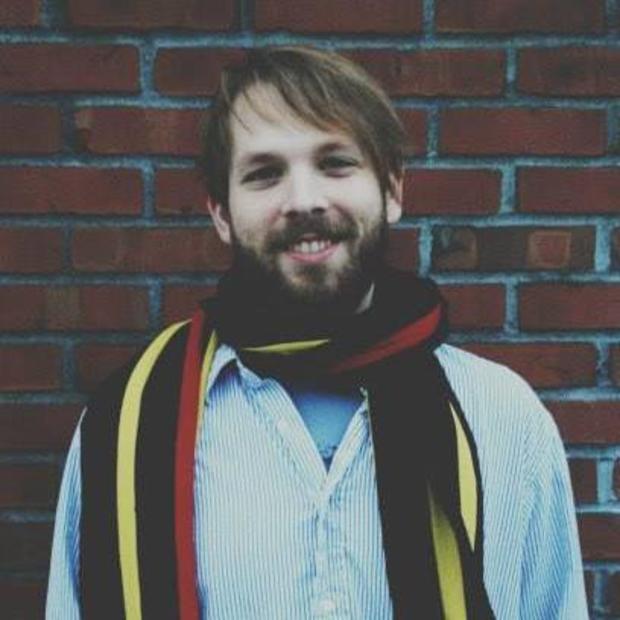Hospitals, with their metallic, sterile aesthetics, aren’t known for their humor. But in Seattle, there’s a group of clowns working to change that.
Room Circus Medical Clowning is a team of five clowns that makes ‘rounds’ at Seattle Children’s Hospital, visiting patient rooms on the medical/surgical and rehabilitation units, the outpatient waiting rooms and the chemotherapy rooms.

Victoria Millard, who goes by Dr. La Foo during her comedic rounds, founded Room Circus in 2013, after a similar program she’d been a part of folded. She describes the clown team as “accomplished comedians and improvisers, whose skills include magic, juggling and stage performance.” They always work in pairs, as comedic duos like Laurel and Hardy.
Where the European tradition of clowning is more artful and subtle, Barnum and Bailey, Millard says, turned clowns into “filler acts” that lost their “intimacy and emotional subtlety.” “Room Circus is based on the European historical tradition of clowning,” Millard explained to me over a cup of coffee at a pub in Ravenna, the neighborhood where she lives.
“We’re character-based, very human, and also bizarre and surreal,” she says. “Studies show that clinical health benefits of medical clowning for children include reducing anxiety before surgery, reducing pain and reducing the time it takes to recover from respiratory infections.”
Millard remembers the case of one eleven-year-old in particular. “Her legs were amputated above the knee,” explained Millard. “When we came into her room – after being invited, we have to be invited – she was reading and trying not to cry. We noticed she had sheets with Frozen characters on it, so Dr. Hamster Fuzz [Linda Severt] started playing songs from Frozen on her ukulele. About a week later Linda saw her and asked if she wanted to learn to juggle, so she taught her how to juggle scarves and even gave her the scarves! The hospital doctors told us later that she carried those scarves around with her all the time.”
Recently, Room Circus expanded their time at Seattle Children’s, allowing them to visit children on the medical surgical ward as well as in the outpatient and chemotherapy areas of the hospital.
The project is costly though. It takes about $84,000 a year to pay for the talented, professional clowns and administrative responsibilities. Millard, who dedicates all her time to RCC, runs it out of her home.
So far Room Circus has been funded primarily through individual donors and grants from 4Culture and the Seattle Office of Arts and Culture, but the troupe is currently planning a 2015 fundraiser where clowns will be conducting a small auction and serving food and drinks to donors.
Millard is eager to see the program, which has been lauded by doctors, families and even a Nobel Prize winner, grow.
For more information, and to see how you can help, visit http://www.roomcircus.org.


